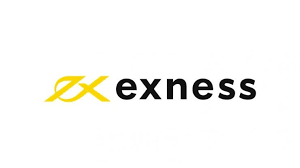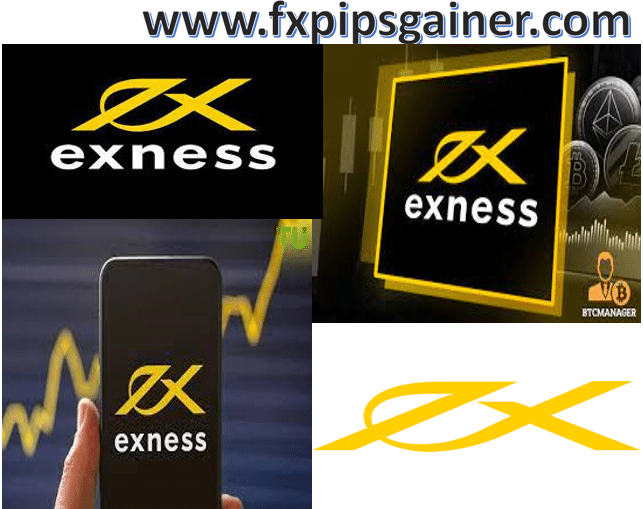
Understanding Exness CFD Markets: A Comprehensive Guide
In recent years, the trading landscape has undergone significant transformations, with the rise of online platforms allowing retail traders to access financial markets with unprecedented ease. One of the notable players in this space is أسواق Exness CFD Markets, which offers a wide range of Contracts for Difference (CFDs) across various asset classes. This article seeks to provide an in-depth understanding of Exness CFD Markets, the advantages of trading CFDs, and effective strategies for both novice and experienced traders.
What are CFDs?
Contracts for Difference (CFDs) are a type of financial derivative that allows traders to speculate on the price movements of underlying assets without actually owning them. In essence, when a trader buys a CFD, they are entering into an agreement to exchange the difference in the asset’s price from the point of opening the contract to the point of closing it. This mechanism enables traders to profit from both rising and falling markets, offering greater flexibility compared to traditional asset trading.
The Advantages of Trading CFDs with Exness

Exness has garnered a reputation for providing a robust trading environment for both retail and institutional traders. Here are some of the advantages of trading CFDs with Exness:
- Diverse Range of Assets: Exness provides access to a wide array of markets including forex, commodities, indices, cryptocurrencies, and more. This diversity allows traders to create well-rounded portfolios and capitalize on various market conditions.
- Leverage Opportunities: One of the significant benefits of CFD trading is the ability to use leverage, which magnifies potential profits. Exness offers competitive leverage rates, allowing traders to open larger positions with a smaller amount of capital.
- User-Friendly Platforms: Exness supports multiple trading platforms, including MetaTrader 4 and MetaTrader 5, which are popular among traders for their intuitive interfaces, advanced charting tools, and automated trading options.
- No Commission Trading: For many accounts, Exness implements a commission-free trading model, which is appealing for traders who want to maximize their profits and minimize costs.
- Reliable Customer Support: Exness is known for its dedicated customer support, available 24/7 via various channels, ensuring that traders can get assistance whenever they need it.
Types of CFD Trading
Traders can engage in various types of CFD trading strategies, each suited for different market conditions and trading styles. Some popular types include:
- Day Trading: This strategy involves opening and closing positions within a single trading day. Day traders often rely on technical analysis and short-term market movements to make quick profits.
- Swing Trading: Swing traders hold positions for a few days or weeks, aiming to capture larger price swings. This strategy is based on both technical and fundamental analysis to identify potential entry and exit points.
- Scalping: Scalping involves making numerous trades within a short time frame to profit from small price movements. Traders who employ this strategy must stay highly focused and have quick execution capabilities.
- Position Trading: This longer-term strategy involves holding positions for weeks or months, focusing on overall market trends rather than short-term fluctuations. Position traders typically incorporate extensive fundamental analysis into their decision-making processes.

Risk Management in CFD Trading
While CFD trading offers numerous opportunities, it is crucial to understand that it also comes with significant risks. Implementing a sound risk management strategy is essential for long-term success in the markets. Here are some key risk management tips:
- Use Stop-Loss Orders: A stop-loss order automatically closes a trade when a specified price level is reached, limiting potential losses. Setting stop-loss levels can prevent devastating losses from unexpected market movements.
- Limit Leverage Use: While leverage can amplify profits, it can also increase losses. Traders should carefully consider their risk tolerance and use leverage responsibly.
- Diversification: By spreading investments across different assets or markets, traders can reduce the impact of a poor-performing position on their overall portfolio.
- Continuous Learning: The markets are constantly evolving, and staying educated on market trends, trading strategies, and risk management techniques is vital for success.
Conclusion
Exness CFD Markets provides traders with a comprehensive trading environment, featuring diverse asset options, user-friendly platforms, and competitive trading conditions. By understanding the mechanics of CFD trading, employing effective strategies, and managing risks sensibly, traders can navigate the complexities of the financial markets with greater confidence. As the trading landscape continues to evolve, staying informed and adaptable will be essential for traders aiming to achieve their financial goals.

